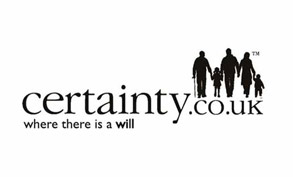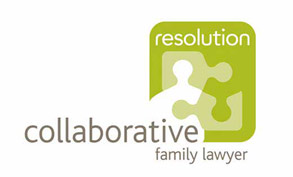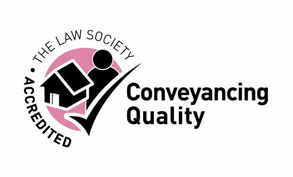Posted on: Sep 10, 2024
Inheritance tax- how does it work?
Inheritance tax is the tax charged by the government when a person dies. This is calculated on the value of a person’s estate which includes anything that they own known as assets. For example property, bank accounts, savings, investments, shareholding. Also includes any liabilities they may owe. For example credit card bills, mortgage, debts, utility bills. The information in this article relates to the rules governing England and Wales. If a person was living in Scotland or Ireland or a foreign country then it is important to seek legal advice from an solicitor in the locality.
Nil rate band
The government gives every person a nil rate band of £325,000. This means that if an estate in total is under £325,000 then there is no inheritance tax to pay. If an estate is over £325,000 then any value over the £325,000 is charged at 40%. Yet, there are other exemptions to consider before can conclude that there is an inheritance tax liability.
Spousal exemption
If you have a spouse or civil partner then any part of your estate that goes to them is exempt from inheritance tax. This is a spousal exemption and is relevant for anything up to a value of £1 million.
Transfer of nil rate band
If you were to leave your whole estate to your spouse or civil partner then they can use your nil rate band on their death together with their own nil rate band. This would give them an allowance of £650,000 before inheritance tax is due. Thus, if both you and your spouse/civil partner’s assets together are under £650,000 in total. Then there will be no inheritance tax issue for either of your estate.
Residence nil rate band
Another more recently introduced option is a residence nil rate band. This is an extra allowance for if you own a property or a share in a property which is given to direct descendants on your death. Direct descendants are a child, grandchild or other lineal descendant of the deceased. and can also include a spouse or civil partner of a lineal descendant. A child can include a step-child, adopted child, a child fostered at any time by the deceased and a child appointed as a guardian or special guardian when they were under 18. Direct descendants do not include nephews, nieces, siblings or other relatives not listed. The extra allowance received varies from year to year. It will increase in line with Consumer Prices Index (CPI) from 2021 to 2022 onwards. The allowances at present are as follows:-
- £150,000 in 2019 to 2020
- £175,000 in 2020 to 2021
Transfer of residence nil rate band
You can also transfer the residence nil rate band in the same way as can transfer the nil rate band. So any unused residence nil rate band can used by a spouse or civil partner on their death.
If you are still concerned that there might be an inheritance tax issue. There are also reliefs for specific assets like business property or agricultural property.
Business Property Relief
Business Property Relief reduces the value of business or its assets for inheritance tax purposes. You can 100% business relief a business or interest in a business or shares in a company not listed on the stock exchange. There is a 50% relief if you have shares controlling more that 50% of the voting rights in a listed company. Also, 50% relief if there is land, buildings or machinery owned by the deceased and used in a business. Which the deceased was a partner or controlled the business. Also, if land, buildings or machinery used in the business and was held in a trust that it has the right to benefit. This relief will only apply if the deceased owned the business or asset for at least 2 years before they died.
Agricultural Property Relief
Agricultural Property Relief is for land or pasture that is used to grow crops or to rear animals. There is 100% relief if the person who owned the land farmed it themselves. Also, there is 100% relief if the land was used by someone else on a short-term grazing licence or let under a tenancy that began on or after 1st September 1995. For any other agricultural property there would be a 50% relief available.
Charity Exemption
One final option would be if you wish to leave a gift in your Will to charity then this would also be exempt from inheritance tax. This would apply whether it was a set amount of money or a share or percentage of your estate. Also, if you have an inheritance tax liability and have left 10% or more of your estate to charity. Then the amount of your estate which is liable for inheritance tax will be charged at 36% rather than the usual 40%.
We would always recommend that everyone takes professional advice when estate planning.
Our team at Baines Bagguley Penhale has the relevant expertise and experience to provide you with appropriate advice.
For further information please visit our website at www.bbpsolicitors.co.uk or contact us for further information on 01524 401010.
How can we help you?
We offer straightforward legal advice and assistance for clients in relation to legal matters for both individuals and businesses.






